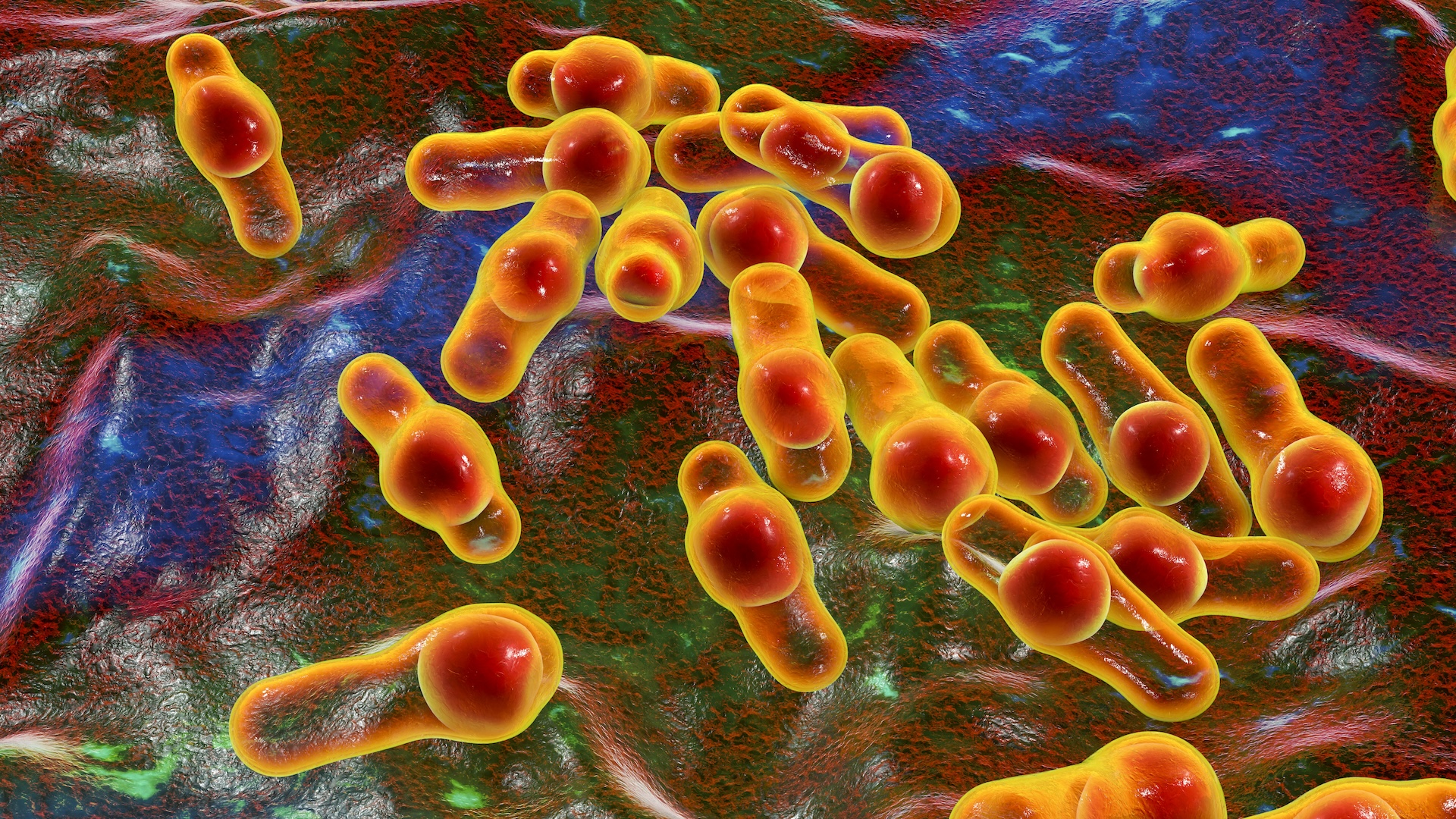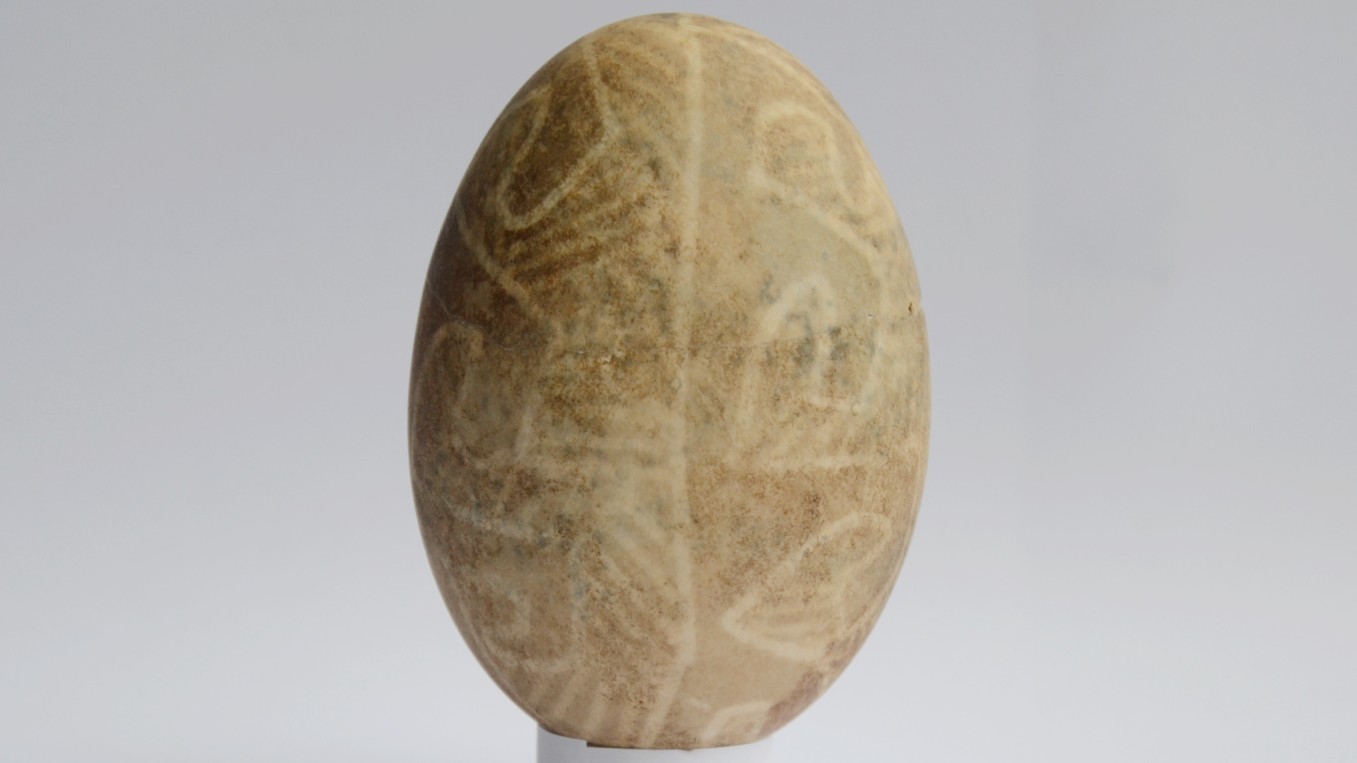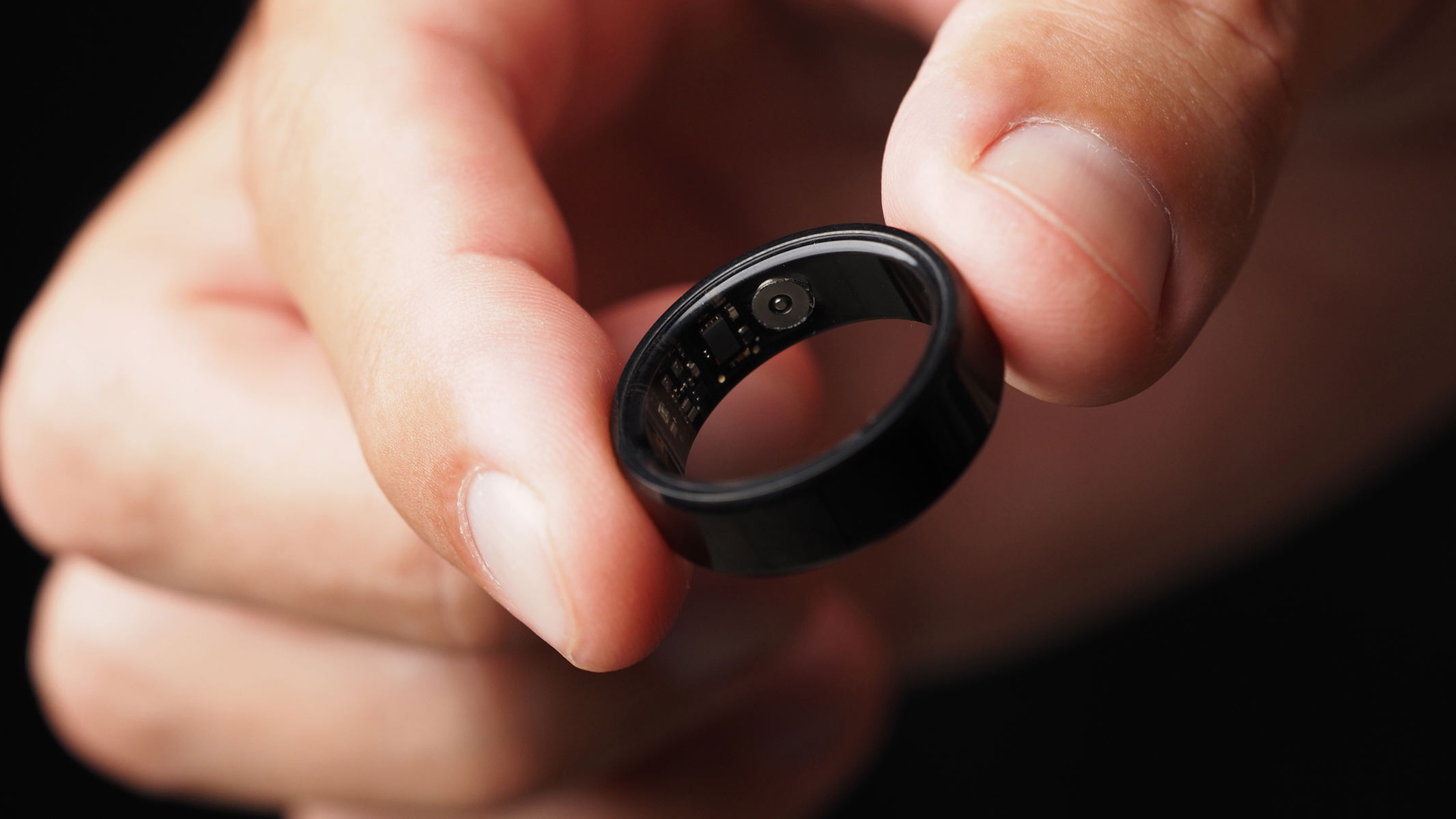Diagnostic dilemma: A man's deadly infection was triggered by a probiotic supplement
A man with a complex medical history ended up with a rare bacterial infection after taking probiotics in the hospital.

The patient: A man in his 70s in Japan
The symptoms: The patient was initially brought to the emergency room after he was found collapsed in his home. Tests showed he had severe metabolic acidosis, in which too much acid builds up in the blood. Further labs, as well as CT scans and a review of the patient's medical history, suggested the buildup was caused by a lung infection, kidney injury and, potentially, heavy drinking, as the patient had a history of alcohol dependence.
The patient later tested positive for COVID-19 and a bacterial infection. Given the complexity of the case, he ultimately spent over a month in the intensive care unit (ICU) before being transferred to a general hospital ward to fully recover. Toward the end of his ICU stay, he had started having diarrhea. His doctors put him on a probiotic that they thought would ease the symptoms, and he continued taking that probiotic in the general ward.
But then, after nearly two months of treatment, the man suddenly developed swelling and "severe, continuous" pain in his abdomen. Tests again revealed a high level of acid in his blood, and scans showed signs of nonocclusive mesenteric ischemia, a dangerous condition in which the intestines don't get enough blood.
What happened next: While investigating the man's symptoms, the medical team took a blood sample that tested positive for a bacterium called Clostridium butyricum — the same bacteria contained in the probiotic supplement he'd been taking. A genetic test confirmed that the strain in the man's blood perfectly matched the probiotic strain.
The diagnosis: The man had contracted a blood infection from the bacteria in his probiotic — a condition known as probiotic-related bacteremia.
The treatment: Unfortunately, the patient's condition rapidly progressed to multiorgan failure, and he became too unstable for the doctors to consider surgical treatment options. "His treatment was transitioned to palliative care and he died on the 60th hospital day," his doctors wrote in a report of the case.
Sign up for the Live Science daily newsletter now
Get the world’s most fascinating discoveries delivered straight to your inbox.
What makes the case unique: Probiotic-related bacteremia is a known risk of taking probiotics, but it is rare. Having a weakened immune system or abnormalities in the gastrointestinal tract can raise the risk of these blood infections.
When they do occur, the infections are seen most often in older adults with multiple medical conditions. In the man's case, he had a history of alcohol dependence, smoking, colon cancer, high blood pressure and chest pain due to heart disease, along with the conditions that caused his initial trip to the ER. The report didn't note how recently the man had had cancer or if he'd undergone chemotherapy, which can suppress the immune system.
While being treated, he'd also been given a steroid to tamp down the inflammation driven by his COVID-19 infection, and steroidal drugs suppress the immune system. This may have further increased the likelihood of developing a bloodstream infection from a probiotic.
Notably, this is not the only case of this particular strain of C. butyricum causing probiotic-related bacteremia.
The probiotic is widely used, especially in Japan, and generally has a good safety profile. It's given in hospital settings as a diarrhea treatment, in part because it's thought to make the gut less favorable to pathogens and more favorable to bacteria that aid digestion and help mitigate inflammation.
Antibiotics, which the man was given for his bacterial infection, can also deplete the gut of bacteria, and probiotics can help restore some of those lost microbes. But in medically unstable and immunocompromised patients, these probiotics can occasionally go rogue, the doctors warned in the case report.
Disclaimer
This article is for informational purposes only and is not meant to offer medical advice.

Nicoletta Lanese is the health channel editor at Live Science and was previously a news editor and staff writer at the site. She holds a graduate certificate in science communication from UC Santa Cruz and degrees in neuroscience and dance from the University of Florida. Her work has appeared in The Scientist, Science News, the Mercury News, Mongabay and Stanford Medicine Magazine, among other outlets. Based in NYC, she also remains heavily involved in dance and performs in local choreographers' work.
You must confirm your public display name before commenting
Please logout and then login again, you will then be prompted to enter your display name.









